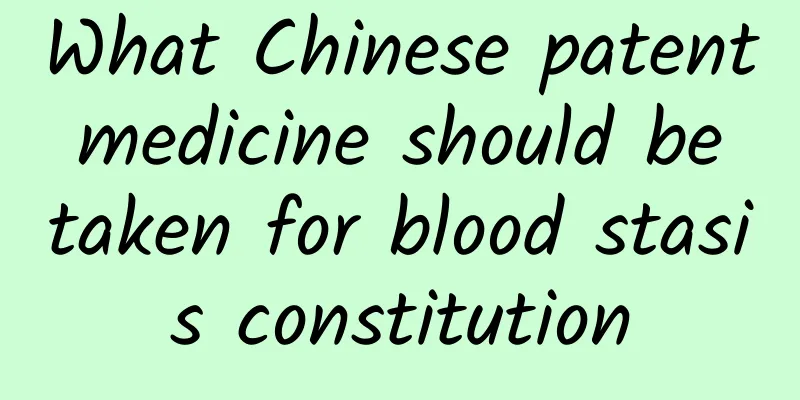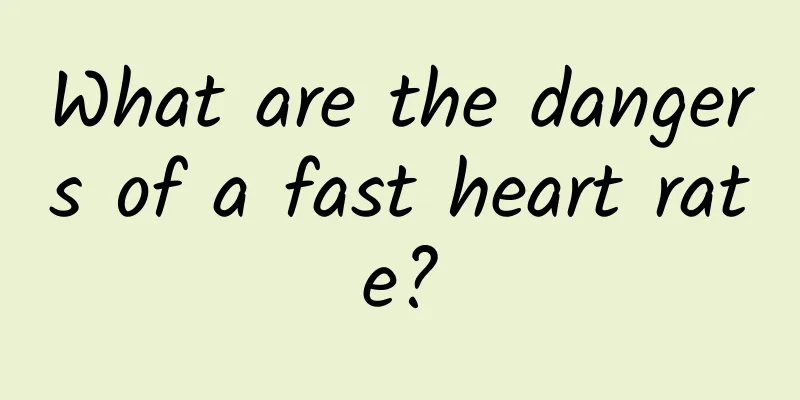Traditional Chinese medicine treats spondylitis, and dialectical treatment has good results

|
Common causes of ankylosing spondylitis include heredity, infection, and chronic enteritis. Hip pain may occur during activities, and in severe cases, paralysis may occur. Timely treatment is necessary. Traditional Chinese medicine uses a dialectical approach to treat spondylitis and is very effective. 1. Treatment of spondylitis with traditional Chinese medicine 1. The principle of TCM treatment of ankylosing spondylitis is to mainly invigorate Qi, blood, kidney yin, kidney yang, promote blood circulation, remove blood stasis and dredge the Du meridian. The patient's condition, etiology, pathology, psychology and syndrome differentiation should be diagnosed. According to the requirements of balanced treatment, local repair treatment and lesion targeted treatment, the purpose of clinical cure is achieved through treatment methods such as Chinese medicine, traditional Chinese medicine, psychological counseling and rehabilitation. 2. Dialectical treatment is the basic principle of TCM treatment of ankylosing spondylitis. The treatment should be carried out in stages, and different methods should be used for targeted treatment according to the patient's pathogenesis. In the course of ankylosing spondylitis, congenital kidney essence deficiency, governor vessel emptiness, wind, cold, dampness and heat are important factors leading to the disease. Therefore, we should prevent the invasion of evil when the body is weak, and let the evil linger on to damage the body. In addition, ankylosing spondylitis should be diagnosed and treated based on each patient's innate endowment, acquired living environment, diet and nutrition, causes of the disease and constitution. The disease should also be diagnosed and treated based on the pathogenesis and the laws of disease development, and the treatment should be tailored to the stage. 2. Causes of Ankylosing Spondylitis 1. Genetics The HLA-B27 positivity rate of ankylosing spondylitis in the general population is only 4% to 9%; the incidence of ankylosing spondylitis in HLA-B27 positive people is about 10% to 20%, while the incidence in the general population is 1‰ to 2‰, a difference of about 100 times. It has been reported that the risk of ankylosing spondylitis in a group of relatives is 20 to 40 times higher than that of the general population. A domestic survey showed that the prevalence of ankylosing spondylitis in first-degree relatives was 24.2%, which is 120 times higher than that of the normal population. The probability of relatives of healthy HLA-B27-negative people developing ankylosing spondylitis is much lower than that of relatives of HLA-B27-positive ankylosing spondylitis patients. All these indicate that HLA-B27 is an important factor in the pathogenesis of ankylosing spondylitis. 2. Infection Studies in recent years have suggested that infection is also one of the causes of ankylosing spondylitis. Ebrimger et al. found that the detection rate of Klebsiella pneumoniae in the stool of patients with ankylosing spondylitis was 79%, while that of the control group was <30%; during the active period of ankylosing spondylitis, the intestinal carriage rate of Klebsiella pneumoniae and the titer of Iga-type antibodies against the bacteria in the serum were higher than those in the control group, and were positively correlated with the activity of the disease. < p=""> 3. Autoimmunity It has been found that 60% of ankylosing spondylitis patients have elevated serum complement, most cases have IgA type rheumatoid factor, serum C4 and IgA levels are significantly increased, and there are circulating immune complexes (CIC) in the serum, but the antigenic nature has not been determined. The above phenomena suggest that immune mechanisms are involved in the pathogenesis of this disease. 4. Chronic enteritis Experts remind everyone to pay attention to the treatment of chronic diseases and recurring diseases. "For example, chronic enteritis, recurrent urinary tract infections, psoriasis, etc., are diseases that are not likely to cause life in the eyes of some patients, but these diseases can cause inflammatory changes in the sacroiliac joints of the human body, leading to the occurrence of ankylosing spondylitis. When there is pain in the joints of the body, do not rush to take medicine. Although anti-inflammatory drugs or analgesics can temporarily relieve pain, they do not play a fundamental role in the treatment of certain diseases. Sometimes they will cause difficulties in subsequent treatment because they cover up the essence of the disease. |
<<: Principles of TCM treatment of macular hole
>>: Analysis of symptoms of acute tracheitis
Recommend
Is golden yellow stool normal?
Because we eat a lot of food every day, and after...
Saturated fatty acids
The human body needs many nutrients, and there ar...
What are the anti-allergic Chinese medicines?
Many people in life are prone to allergies becaus...
What is the cause of high aspartate aminotransferase
The liver is an important organ in our body for m...
How do you get peripheral neuritis? Five factors to watch out for
There are many causes of peripheral neuritis, the...
How long does it take to remove the needles in acupuncture?
Acupuncture is a kind of rehabilitation therapy. ...
Can keloids be treated with surgery?
Everyone hopes that their body is very healthy, b...
No money, no medicine, just learn how to cure all diseases
Everyone wants to be in good health so that they ...
What is radiotherapy?
The full name of radiotherapy is radiation therap...
Beef and chestnuts
There are many common types of food in life, and ...
Which Chinese medicines can enlarge breasts? Recommend these few
Many female friends want to have breast augmentat...
How to regulate sweating? Traditional Chinese medicine has methods
I don’t know if you have ever had this experience...
How to Get Rid of Anxiety Disorder
Anxiety disorder is a relatively common mental il...
The role of anthocyanins
Anthocyanin is a common plant essence and a trace...
What is the reason for swelling on the right instep?
There are many reasons for swelling of the instep...









